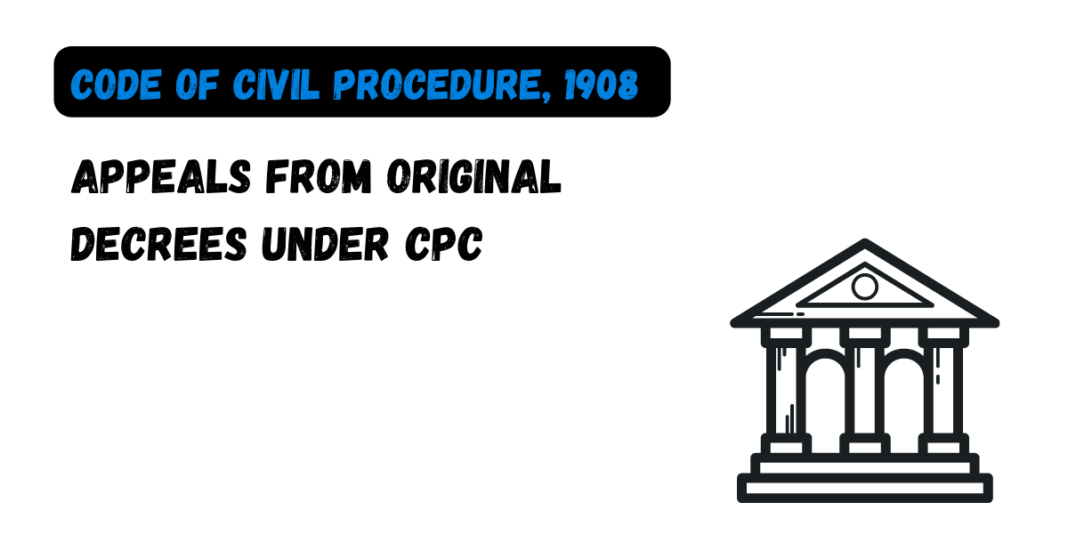Appeals from original decrees refer to the process by which a party dissatisfied with a decision made by a trial court seeks a further review or challenge of that decision before a higher court. It provides an opportunity for parties to have their case reviewed by a higher court to ensure the correctness of the decision rendered by the trial court.
Original Decrees
An original decree is a decision or judgment passed by a trial court, which is the court that initially hears and decides a case. The trial court considers the evidence, applies the law, and renders a judgment or decree.
Right to Appeal
The right to appeal from an original decree is generally available to a party who is aggrieved by the decision. The party seeking to appeal must demonstrate that they have sufficient legal standing and a valid ground for challenging the decision.
Procedure for Filing an Appeal
The procedure for filing an appeal from an original decree varies depending on the jurisdiction and the applicable laws. Generally, the appellant (the party filing the appeal) is required to file a formal notice of appeal within a specified time frame, along with the necessary documents, such as a copy of the original decree, grounds of appeal, and any supporting evidence.
Appellate Court Hierarchy
The hierarchy of courts differs in various legal systems, but typically, there are higher courts above the trial court, such as an appellate court, a high court, or a supreme court. The party appealing from an original decree usually seeks a review of the decision before the next higher court in the judicial hierarchy.
Grounds for Appeal
The grounds for appeal from an original decree may include errors of law, errors in the application or interpretation of facts, procedural irregularities, or any other substantial injustice that may have occurred during the trial proceedings. The appellant must clearly state the specific grounds on which they are challenging the decision.
Review by the Higher Court
The higher court reviews the original decree, the grounds of appeal, and the record of the case to assess the merits of the appeal. The court may consider written submissions, oral arguments, and any additional evidence presented by the parties. The higher court then renders its decision, which may uphold, modify, or reverse the original decree.
Finality of the Decision
The decision of the higher court on the appeal becomes the final decision in the case, unless further avenues of appeal are available. The parties must abide by the decision of the higher court, which may involve implementing the directions given by the court or seeking further legal remedies if applicable.





